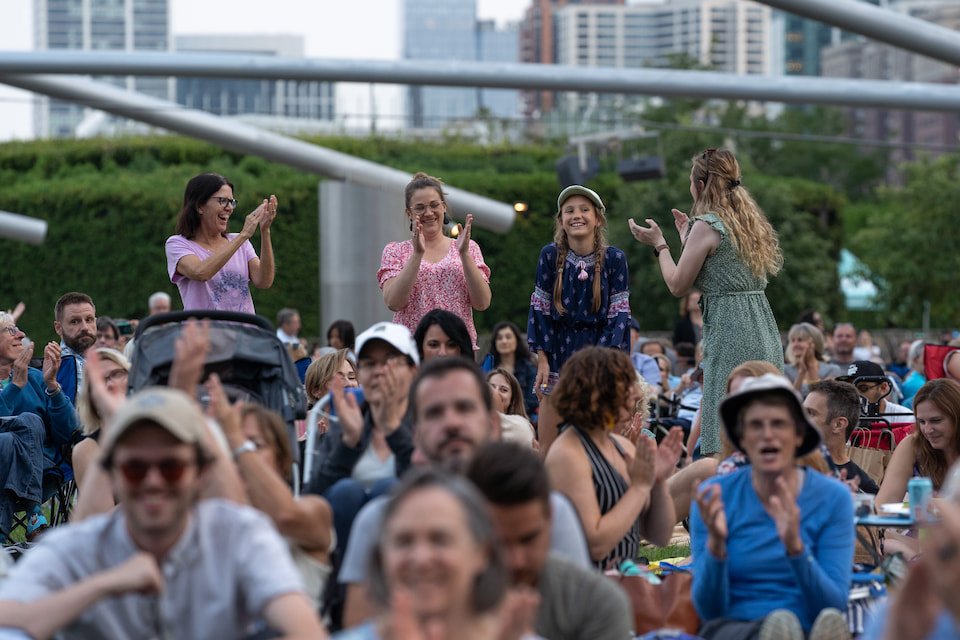
Anton Bruckner
Composer
Anton Bruckner was an Austrian composer best known for his monumental symphonies, sacred choral works, and profound contributions to 19th-century Romantic music. Born in Ansfelden on September 4, 1824, he showed musical talent early on, learning organ and theory from his father and local teachers. After his father's death, Bruckner studied and taught at the Augustinian monastery of Sankt Florian, where he later served as organist. The famed organ there became closely associated with him.
Despite humble beginnings and a strong sense of personal insecurity, Bruckner pursued rigorous musical studies well into adulthood. He trained under Simon Sechter and Otto Kitzler, gaining deep knowledge of counterpoint and orchestration. Kitzler introduced him to the music of Richard Wagner, which profoundly influenced his style.
Bruckner composed sacred music throughout his life, including three great masses and the Te Deum, but he is most renowned for his nine symphonies (plus two earlier symphonic works). These vast, spiritual, and architecturally structured works were groundbreaking in their harmonic language and scale. Initially misunderstood, his symphonies faced criticism, especially in Vienna, where conservative critics, notably Eduard Hanslick, favored Johannes Brahms.
In 1868, Bruckner became a professor of music theory at the Vienna Conservatory and later taught at the University of Vienna. Although he struggled with public reception and allowed others to revise his scores for performance, he remained confident in his artistic vision, preserving his original manuscripts in the Austrian National Library.
Late in life, his music began to receive wider recognition, especially after the success of his Seventh Symphony in 1884. He influenced younger composers such as Gustav Mahler, who considered Bruckner a predecessor. Despite personal hardships and eccentricities, Bruckner left a legacy of deeply spiritual and majestic music, embodying both devout Catholicism and Romantic intensity.
He died in Vienna on October 11, 1896, leaving his final work, the Ninth Symphony, unfinished. Today, Bruckner is regarded as one of the most original symphonists of the 19th century.
